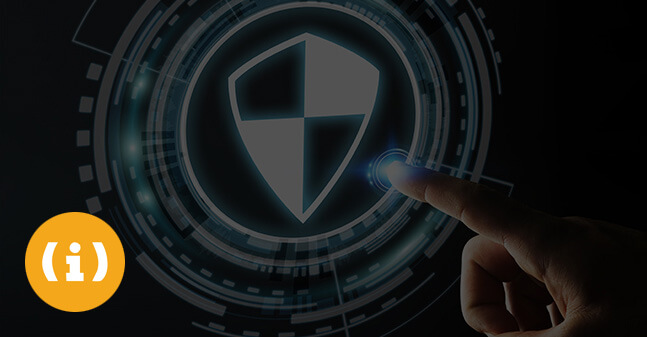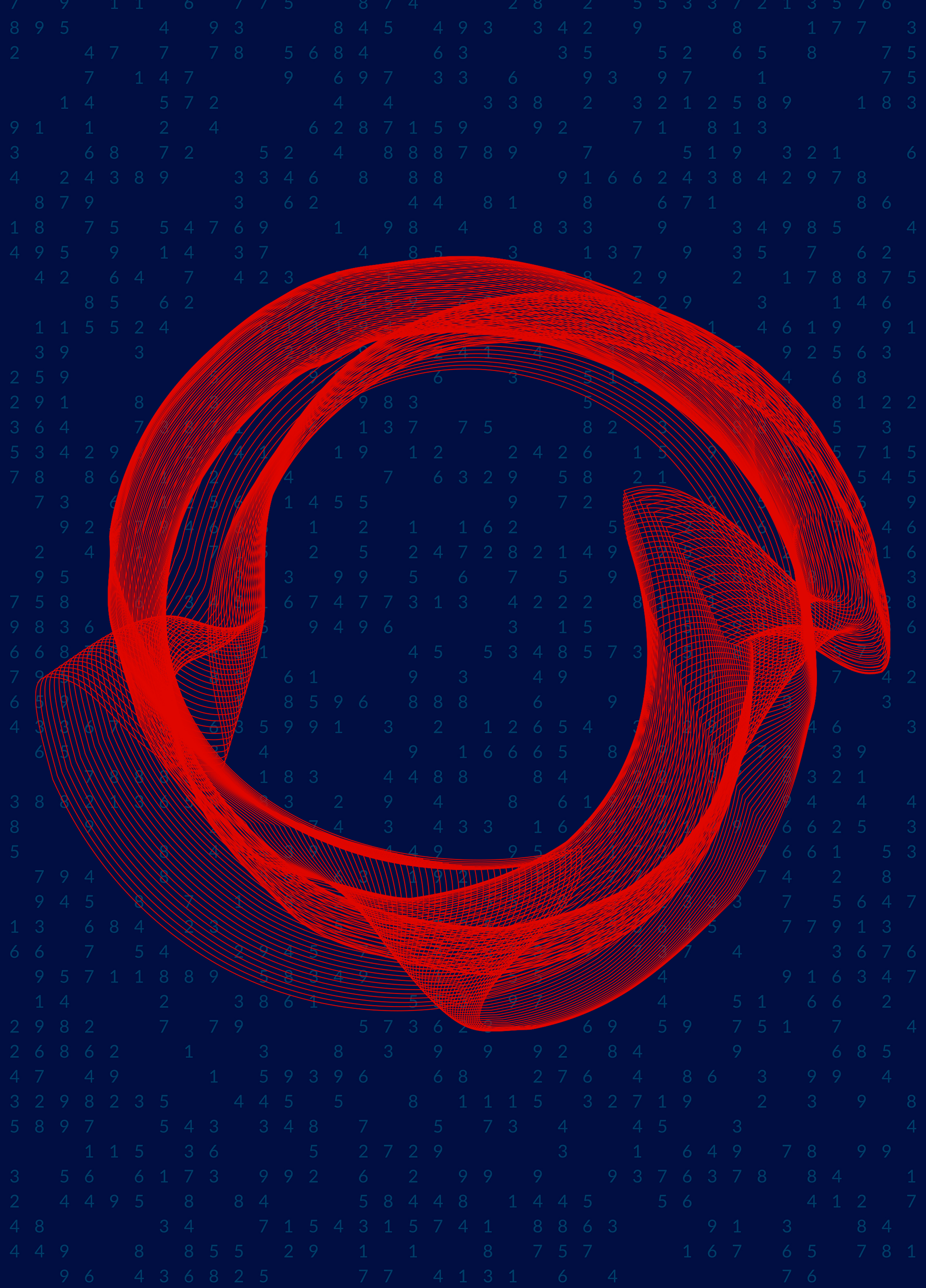Are 8 Windows More Shatterproof Than 7?
Solling confirms that Windows 8 adoption is significantly slower than Windows 7 adoption was. He says that Windows 7 had a user base penetration of approximately 5% one month after launch, and that the figure for Windows 8 stands at less than 1.5%. However, he also points out that new hardware requirements and the fact that updating to a new OS is never high on a company’s agenda have contributed to a slow start for Microsoft’s new operating system. Security, it seems, is not the issue.
“It shouldn’t be a major surprise that businesses are being a little tardy,” he says. “Remember how long everyone used Windows XP – and avoided Vista – before upgrading to Windows 7?”
Of course, a number of companies have already upgraded to Windows 8. In the Middle East, Microsoft Gulf made a reasonably big announcement about the fact that Union National Bank (UNB) was upgrading parts of its IT infrastructure to the new operating system. UNB said that the new IT model will be the first of its kind in the UAE’s financial sector, and seemed only too happy with the upgrade.
Commenting on the agreement Zuhair Sulaiman, SVP and CIO, UNB, said: “This partnership will serve as an important vehicle for business growth by giving UNB the opportunity to be the first in implementing and exploring the business benefits of Windows 8.”
But should the bank – and its customers – have any extra security concerns as a result of the switch? According to Lyne, there shouldn’t be an issue.
“Upgrading to Windows 8 isn’t a bad decision for businesses from a security perspective as it builds in new capabilities and improves on security from prior versions,” he says, going one better than Solling, who simply says that Windows 8 is not any less vulnerable than Windows 7.
However, most security experts are at pains to point out that Windows 8 is certainly not secure enough without the help of a third-party antivirus product. “It’s important that businesses recognise that security built into the operating system isn’t a panacea and it is still critical to practice defence in depth to provide effective protection,” says Lyne.
Ensuring the proper protection shouldn’t be a problem when it comes to Windows 8, says Solling, who points out that Microsoft has enjoyed long relationships with many of the top antivirus vendors over the decades. “The security on a Windows platform has always been closely linked to the products being offered by these vendors. At Help AG, we looked into the issue of third-party antivirus and security solutions, and based on our initial analysis, third-party solutions will operate as good as the native Windows Defender from a performance perspective,” he says.
“I am sure that Windows Defender will have a great impact and market-space in the consumer space, but the enterprise space will continue to be dominated by the big players like Symantec, McAfee and Kaspersky, and all of the smaller antivirus and security players.”
Perhaps, then, as security becomes less of a concern, and firms ready themselves for the next round of system upgrades, Windows 8 should see a more energetic rate of uptake. Indeed, Solling predicts that customers will eventually have to shift to the new platform, if only to keep up with new applications and technologies.
“Windows 8 is a paradigm shift in how Microsoft develops programmes and applications, and how it handles the software ecosystem around Windows,” he says. “This means that, even if customers do not directly adopt Windows 8, they will, at some point, need to adopt at least aspects of the system.”
Lyne, meanwhile, predicts that, alongside the need to adopt new systems, hardware upgrades will push up the demand for Windows 8. “Tablets such as the surface – and equivalent partner versions – are likely to drive adoption as [the platform] offers a very tablet-optimised experience.”
He also warns that security may still be a concern as Windows 8 uptake increases, particularly as new hardware, such as tablets, is taken on board. “Many of these tablets will end up running essentially desktop Windows 8 and being compatible with all the legacy applications. With that legacy support of applications comes legacy support of their security vulnerabilities,” he explains.
The same can be said for a number of other systems, though, so whether security will play a dominant role in companies’ decisions to upgrade still remains to be seen. What seems clear, though, is that Windows 8 provides a better standalone platform for protecting against malware than Windows 7 does, and that security issues have had little to do with the slow uptake of the new operating system.
Unfortunately, Windows Defender in no way provides the all-encompassing protection that businesses need, meaning that antivirus vendors will still be able to cash in, no matter what OS the customer is running on.









